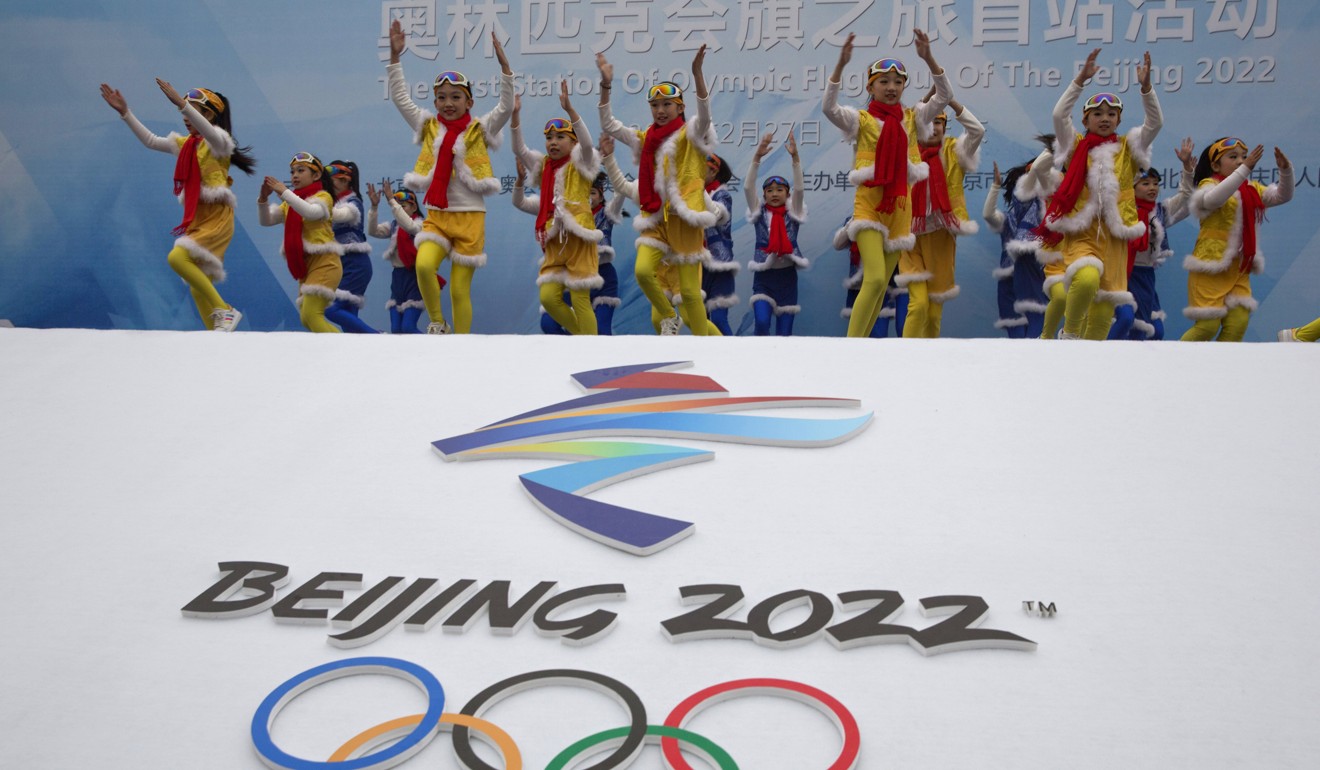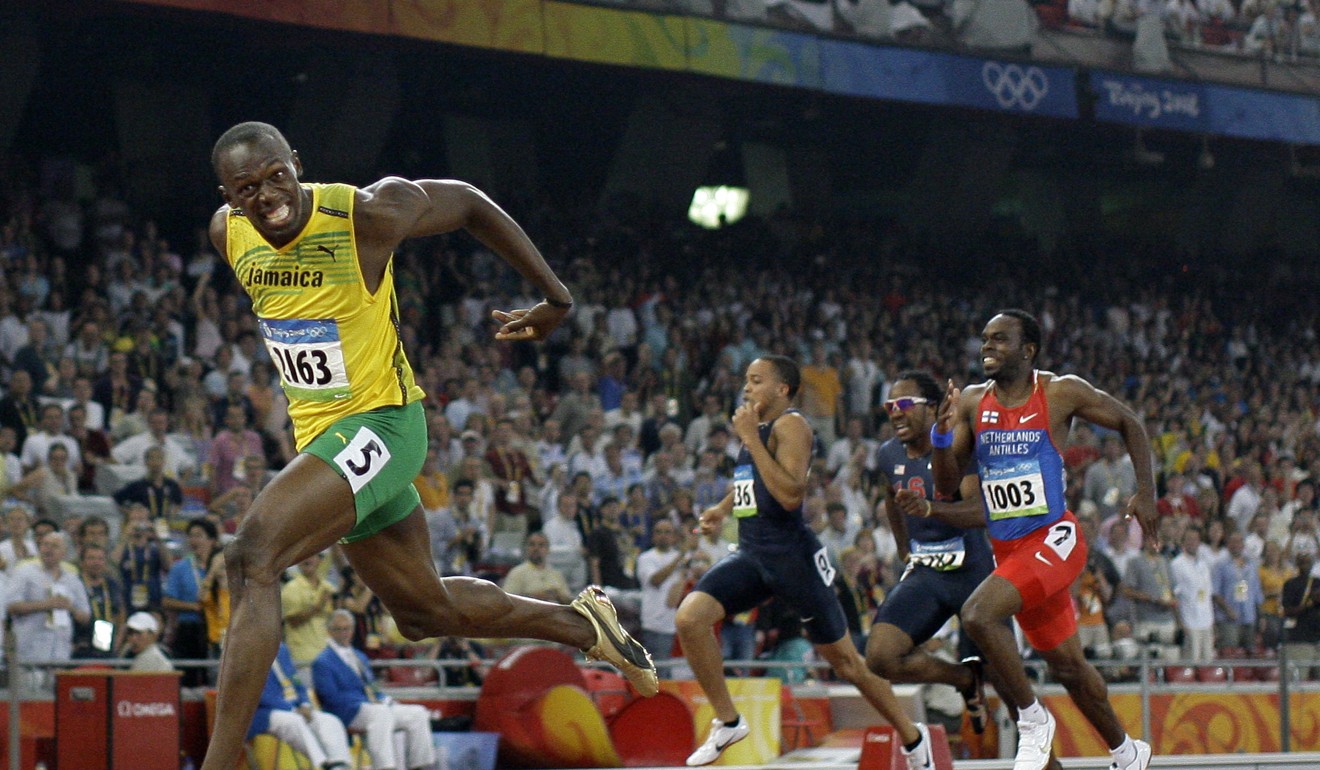
Ten years on from Beijing 2008 what is the Chinese capital’s Olympic legacy ahead of hosting Winter Games in 2022?
Stadiums have seen varied success over the last decade, but city will become first to host summer and winter games
“Crumbling” has been the word of choice to describe Beijing’s Olympic legacy a decade on from the start of the 2008 Summer Games, which passed last week.
Indeed, time has not been kind to all of the venues that hosted events during that glorious summer, with photographs of the beach volleyball arena, kayaking course and BMX track highlighted as proof that the most expensive Summer Games ever – only Sochi 2014 cost more – should be consigned to failure.
The truth is that those particular venues were always on a hiding to nothing. With the greatest respect to BMX and kayaking, they were never going to take off as participation sports even with an Olympic track open to the public, and beach volleyball is going to suffer in a city where at least three months of the year are freezing.
As for the other venues, the most visible legacy of any Olympics, the Bird’s Nest might need a lick of paint but it remains a well-trafficked tourist destination, along with the rest of the Olympic Park, which also includes the Water Cube and the Tennis Centre that hosts the China Open.
The Bird’s Nest has also hosted a handful of football matches such as the Italian Super Cup and friendlies between English Premier League sides, and it would have been the first venue to stage a Manchester derby outside of England but for a pitch that fell apart in 2016.
More tellingly, it will be the venue for the opening and closing ceremonies of the 2022 Winter Olympics, when Beijing becomes the first city to host both the summer and winter games.
If that is not a legacy then it is hard to say what is.
Taking a look at previous host cities, most had an existing set of stadia that was Games-ready, meaning investment did not have to be on such a grand scale. However, even those that did have had a bumpy ride since.
Atlanta, host in 1996, has since seen a number of stadiums change hands or be demolished as progress has delivered two more recent additions to the city in the form of the SunTrust Park, home of the MLB’s Atlanta Braves, and the Mercedes-Benz Arena, home of the NFL’s Atlanta Falcons and Atlanta United of the MLS, both of which opened in 2017.
Beijing doesn’t have the same calibre of sports team, of course, and it has to compete with ever more cities in China that can host large-scale international sporting events so it’s to its credit that Wukesong, home to the Olympic basketball and now the Cadillac Arena, has continued to host sports and concerts with the UFC happening there later this year.
The years are rarely kind to stadiums, not when you want to host international sports competitions.
The desire to host a World Cup is next for China, although the timing means it won’t likely bid before the 2032 event, and if the Olympics has left one legacy it is surely that there is no doubt that the country can pull off hosting the world’s biggest sporting event.
Those two weeks in August were seen as China’s “coming out” party to the world, a new China ready to compete and participate on a global scale.
China did more than compete, topping the medal table in Beijng with 51 golds (three were stripped in 2017 for doping), with their 100 medal total surpassed only by the US on 112. They are firmly established as Olympic titans now, even if they have not topped the medal table since, they have finished no lower than third in the two subsequent Summer Games and will be targeting similar returns in Tokyo and then a breakthrough Winter Games they host two years later.

Of their 608 total Olympic medals, only 62 have come in the Winter Games but the world knows that is likely to change on home ice. As for the Summer Games, 224 golds and exactly half of them have come in the past three Olympics, with the other half coming in the six before.
At the time China’s state-sports model prioritised medals that could be won and it delivered but over the years, participation has been firmly put on the agenda with sports part of the curriculum and ever more children taking part in extra-curricular coaching sessions.
Health and fitness has been a growing concern as the country’s middle class has boomed over the past decade, and the effect of the Olympics can’t be discounted within that.
People have benefited from that, as they have from the infrastructure surrounding the Games, particularly public transport.

What of the Games themselves? You could easily argue Beijing 2008 was the best Olympics. More than 40 world records fell, along with over 130 Olympic records. They have been or will be beaten, such is the nature of the Games, but they live long in the memory. London four years later only set 32 world records, while a mere 27 were set in Rio in 2016.
The concept of an Olympic legacy is nebulous at best, failing to take into account public feeling or the fact that you are not going to make your money back. While the Olympics think every Games has been a lasting success, the media has looked at every games and the dominant view is that they have all failed. In that regard, maybe Beijing has at the very least failed better.

